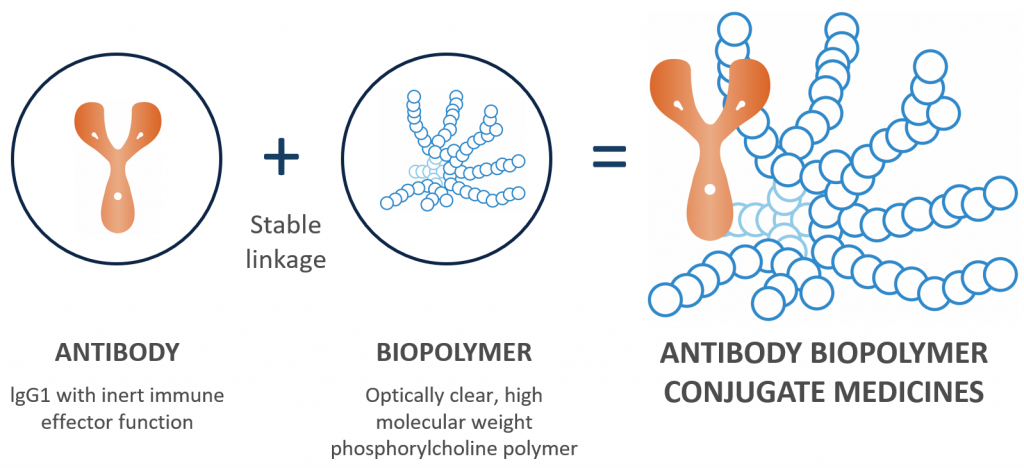Treating retinal vascular disease
New anti-VEGF molecule aims to reduce burden of treatment

Dermot McGrath
Published: Tuesday, July 9, 2019

 J. Pablo Velazquez-Martin MD
J. Pablo Velazquez-Martin MDNew anti-VEGF molecule aims to reduce burden of treatment

Published: Tuesday, July 9, 2019

 J. Pablo Velazquez-Martin MD
J. Pablo Velazquez-Martin MD